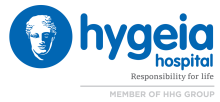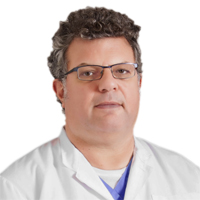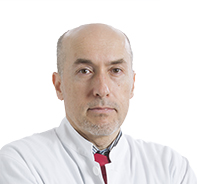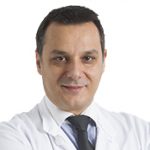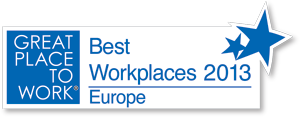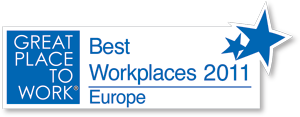- HYGEIA
- Vision & Mission
- Timeline
- Organizational structure
- Press Releases
- Social responsibility
- Awards and Distinctions
- Human Resources
- Scientific & Training activities
- Articles – Publications
- Our Facilities
- Magazines
- Healthcare Programs
- Doctors
- Services
- Medical Divisions & Services
- Imaging Divisions
- Departments
- Units
- Centers of Excellence
- Emergency – Outpatient
- Nursing Service
- Ambulances
- Patients
- Hygeia
- Υπηρεσίες
- Ιατρικά Τμήματα & Υπηρεσίες

Nuclear Medicine
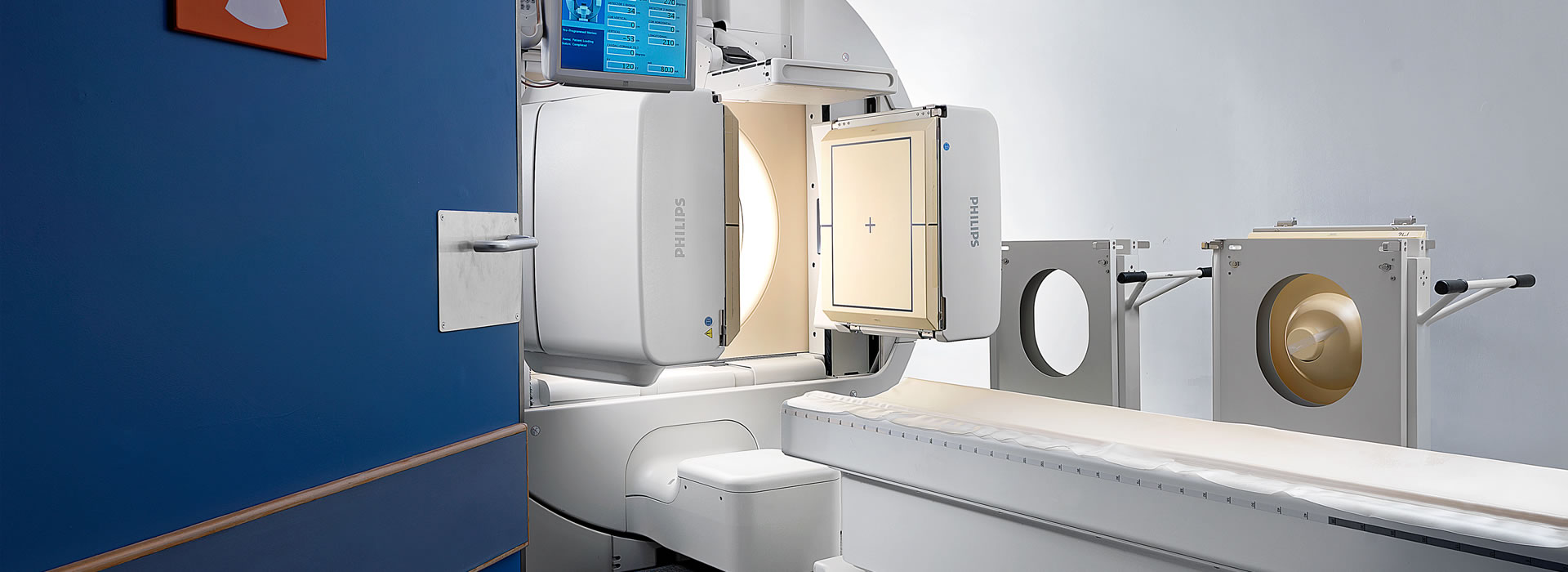
The Nuclear Medicine is a modern medical specialty that uses “open radiation sources” for diagnostic and therapeutic purposes. The term “open sources” refers to substances labeled with radioisotopes that are administered intravenously or orally to the patient, in order to obtain information on the function and metabolism of the human body organs or for the treatment of certain diseases.
In general, the radioisotopes used in nuclear medicine decay emitting either gamma or beta radiation, or, in some cases, both. Radioisotopes emitting gamma radiation are preferable in diagnostic applications, whereas in therapeutic applications, beta emitters are used.
Diagnostic applications are divided in “IN VIVO” and “IN VITRO” applications (the latest referring in biological body fluids, e.g. blood, urine). The IN VIVO diagnostic applications, in their great percentage regard scintigrams, which are performed using gamma-camera.
Hygeia Hospital has 2 modern tomographic (i.e. with 360o rotation around the patient capability) Philips γ-cameras.
In specific:
a) Bright View γ-camera, with 2 heads of variable angle, which is able to acquire anterior and posterior or bilateral images simultaneously, reducing by half the examination time in comparison to the conventional single head γ-camera. Bright View also uses automatic tangential movement technology with body sensors that allow the γ-camera heads to move in minimal distance to the patient’s surface without contact . The tomographic capability allows performing of Single Photon Emission Tomography (SPECT). Tomographic imaging reveals information from the depth of the examined organs that is not possible to be received by the conventional planar imaging.
b) and Bright View XCT, which is a system of two gamma camera heads as provided above, with the addition of the revolutionary low emission X-ray “flat panel” technology. This device can provide anatomical information of the examined body region of the patient, in order to use it for the process of attenuation correction. In addition, the same images can be fused with the tomographic scintigraphy (SPECT) images, producing SPECT/CT images. Bright View XCT achieves superior image quality and reduces the data acquisition time in half, reducing the overall examination duration on patients’ benefit.
Both γ-cameras are connected to a superfast JetStream type computer network, with extremely sophisticated software and unlimited image processing capabilities. Hygeia’s Nuclear Medicine Department is Philips’ Reference Centre for the regions of Southern Europe and Middle East.
/ IN VIVO
- Myocardial Scintigraphy
Tomographic myocardial scintigraphy with new Τc-99m labeled radiopharmaceuticals (SESTAMIBI, ΤETROFOSMIN) and simultaneous multi-gated myocardial contractility (Quantitative Gated SPECT).
– Static and dynamic with Tl-201
– With re-administration - Radioisotope Ventriculography in Stress and Rest
- Thyroid Scintigraphy
- with Tc-99m, Ι-123, Ι-131
– Whole body with I-131
– Whole body with I-123
– Uptake test - Renal Scintigraphy
– Static (DMSA)
– Dynamic (DTPA or MAG-3) - Lung Scintigraphy
– Lung perfusion with MAA
– Lung ventilation with Technegas
(No preparation is required) - Bone and Three-Phase Bone Scintigraphy
- Brain Scintigraphy With Gamma Camera
– Assessment of the basal ganglia with I-123-DATSCAN and Ι-123-ΙΒΖΜ, the latest techniques available in detecting Alzheimer’s and diagnosing Parkinson’s disease.
– Brain scintigraphy with Tc99m-HMPAO for assessing regional cerebral perfusion
– Brain scintigraphy with Tetrofosmin for assessing space-occupying lesions - Parathyroid Gland Scintigraphy With Gamma Camera
- Sentinel Node Scintigraphy
On breast malignancies and melanomas, with data collection by the gamma camera and intraoperative gamma ray sensor (gamma probe radio-guided surgery). - Scintigraphic Detection of Inflammation
– LEUKOSCAN
– LEUKOKIT
– GALLIUM (Ga-67)
(No preparation is required) - Whole Body Somatostatin-Receptor Scintigraphy With Gamma Camera
– With OCTREOSCAN
– With TEKTROTYDE
(No preparation is required) - Adrenal Gland Scintigraphy with Gamma Camera and Ι-123-ΜΙBG (No preparation is required)
- Breast Scintigraphy with Gamma Camera
- Testicular Scintigraphy with Gamma Camera
- Meckel’s Diverticulum Scintigraphy with Gamma Camera
- Scintigraphy with Gallium (Ga-67) and Gamma Camera
- Liver-Spleen Scintigraphy with Gamma Camera
- Liver Scintigraphy with Gamma Camera
- Spleen Scintigraphy with Gamma Camera
- Labeled Red Blood Cell Scintigraphy with Gamma Camera
- Bone Marrow Scintigraphy (spinal cord) with Gamma Camera
- Digestive System Bleeding Detection with Tc-99m-Labeled Red Blood Cells
- Radioisotope Cholangiography (biliary scintigraphy) with Gamma Camera
- Pancreatic Scintigraphy with Gamma Camera
- Solid Gastric Emptying Scintigraphy with Gamma Camera
- Liquid Gastric Emptying Scintigraphy with Gamma Camera
For hyperthyroidism treatment:
- Administration of I-131 for toxic goiter
- Administration of I-131 for toxic adenoma
- Administration of I-131 for hyperthyroidism
For treatment of painful bone metastases:
- Administration of radioactive strontium Sr-89
- Administration of radioactive rhenium Re-186 HEDD
- Administration of radioactive samarium Sm-153 (QUADRAMET)
Administration of radioactive yttrium (Zevalin):
- • for radioimmunotherapy of Non-Hodgkin’s lymphoma
- • for radiosynovectomy
- • administration of yttrium microspheres for ablation of liver metastases
/ IN VITRO
The in vitro diagnostic applications (Radioimmunoassay-RIA and Immunoradiometric Assay-IRMA) constitute a significant part of HYGEIA Hospital’s Nuclear Medicine Department activities. Equipped with the necessary technology, the in vitro department performs a series of tests for detecting hormones, medications, vitamins, allergies and many other substances in the blood, urine and other biological fluids of patients.
The innovative daily customized external quality control by a specialist Radiopharmacist ensures very reliable results and guarantees clinical credibility, to the benefit of patients.
Instructions for patients
- Instructions for patients who will undergo a medical exam with radioactive Gallium 67
- Instructions for patients who will undergo a medical exam with radioactive Thallium 201
- Instructions for patients who will undergo a medical exam with radioactive Indium-111
- Instructions for patients who will undergo a medical exam with radioactive Iodine-123
- Instructions for patients who will undergo a medical exam with radioactive Iodine-131
- Instructions for patients who will undergo a medical exam with radioactive Technetium-99m
 Contact Us
Contact UsMedical Team
- Director
-
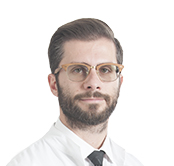 Pipikos Theodoros
Pipikos Theodoros - Assistant Director
-
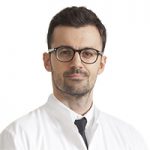 Vogiatzis Merkourios
Vogiatzis Merkourios - Radiophysicists
-
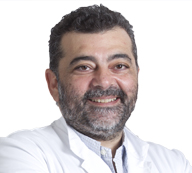 Dalianis Konstantinos
Dalianis Konstantinos - Nuclear Physician
-
 Doika Efstathia
Doika Efstathia
- © 2007-2025 HYGEIA S.M.S.A.
- Personal Data Protection Policy
- COOKIES Policy
- Terms of Use
- Privacy Policy
- Credits
- Sitemap
- Made by minoanDesign
Ο ιστότοπoς μας χρησιμοποιεί cookies για να καταστήσει την περιήγηση όσο το δυνατόν πιο λειτουργική και για να συγκεντρώνει στατιστικά στοιχεία σχετικά με τη χρήση της. Αν θέλετε να λάβετε περισσότερες πληροφορίες πατήστε Περισσότερα ή για να αρνηθείτε να παράσχετε τη συγκατάθεσή σας για τα cookies, πατήστε Άρνηση. Συνεχίζοντας την περιήγηση σε αυτόν τον ιστότοπο, αποδέχεστε τα cookies μας.
Αποδοχή όλων Άρνηση όλων ΡυθμίσειςCookies ManagerΡυθμίσεις Cookies
Ο ιστότοπoς μας χρησιμοποιεί cookies για να καταστήσει την περιήγηση όσο το δυνατόν πιο λειτουργική και για να συγκεντρώνει στατιστικά στοιχεία σχετικά με τη χρήση της. Αν θέλετε να λάβετε περισσότερες πληροφορίες πατήστε Περισσότερα ή για να αρνηθείτε να παράσχετε τη συγκατάθεσή σας για τα cookies, πατήστε Άρνηση. Συνεχίζοντας την περιήγηση σε αυτόν τον ιστότοπο, αποδέχεστε τα cookies μας.

BLOOD TESTS
- 24-HOUR URINARY ALDOSTERONE
- 17-OH-PRG (17-HYDROXYPROGESTERONE)
- UADREN-UNORAD-UDOPAM (URINE CATECHOLAMINES)
- ΑDREN-NORAD-DOPAM (PLASMA CATECHOLAMINES)
- PRA (RENIN-SUPINE POSITION)
- ET PRA (AFTER STRESS)
- PE PRA (STANDING)
- C-PEP
- UTCORT (URINE CORTISOL)
- ALDOSTERONE (SUPINE POSITION)
- PE ALDO ALDOSTERONE (STANDING)
- ET ALDO ALDOSTERONE (AFTER STRESS)
- F-BHCG (A-TEST)
- AFP (ALPHA-FETOPROTEIN) DN (A-TEST)
- E3 FREE ESTRIOL
- AFP (ALPHA-FETOPROTEIN) PREGNANCY AMNIOTIC FLUID
- TRAB/TSI (TSH ANTIBODY RECEPTORS)
- ACTH (ONE COLLECTION)
- ACTH (MORNING COLLECTION)
- ACTH (AFTERNOON COLLECTION)
- UMETAN-UNORM
- HEPATITIS D ANTIBODIES (HDV)
- ΗΕV
- NSE (NEURON SPECIFIC ENOLASE)
- CYFRA 21-1
- SM-C (IGF-1) (SOMATOMEDIN)
- CT (CALCITONIN)
- ΑNTI-DSDNA QUANTITATIVE DETERMINATION
- ΟSTEOCALCIN
- MYCOPLASMA PNEUMONIAE IGG
- ΜYCOPLASMA PNEUMONIAE IGM
- ΜEASLES VIRUS IGG
- ΜEASLES VIRUS IGM
- AFP (ALPHA-FETOPROTEIN) PREGNANCY BLOOD
- ADMINISTRATION OF MEDICATIONS FOR BLOOD TESTS
- RAST TEST (ALLERGENS)



















